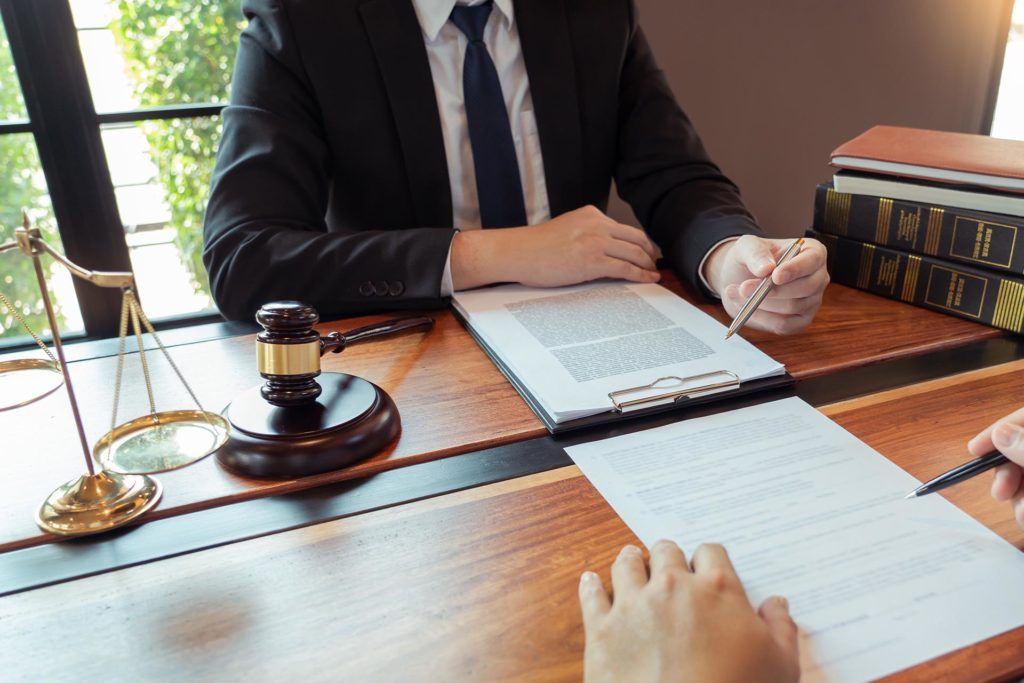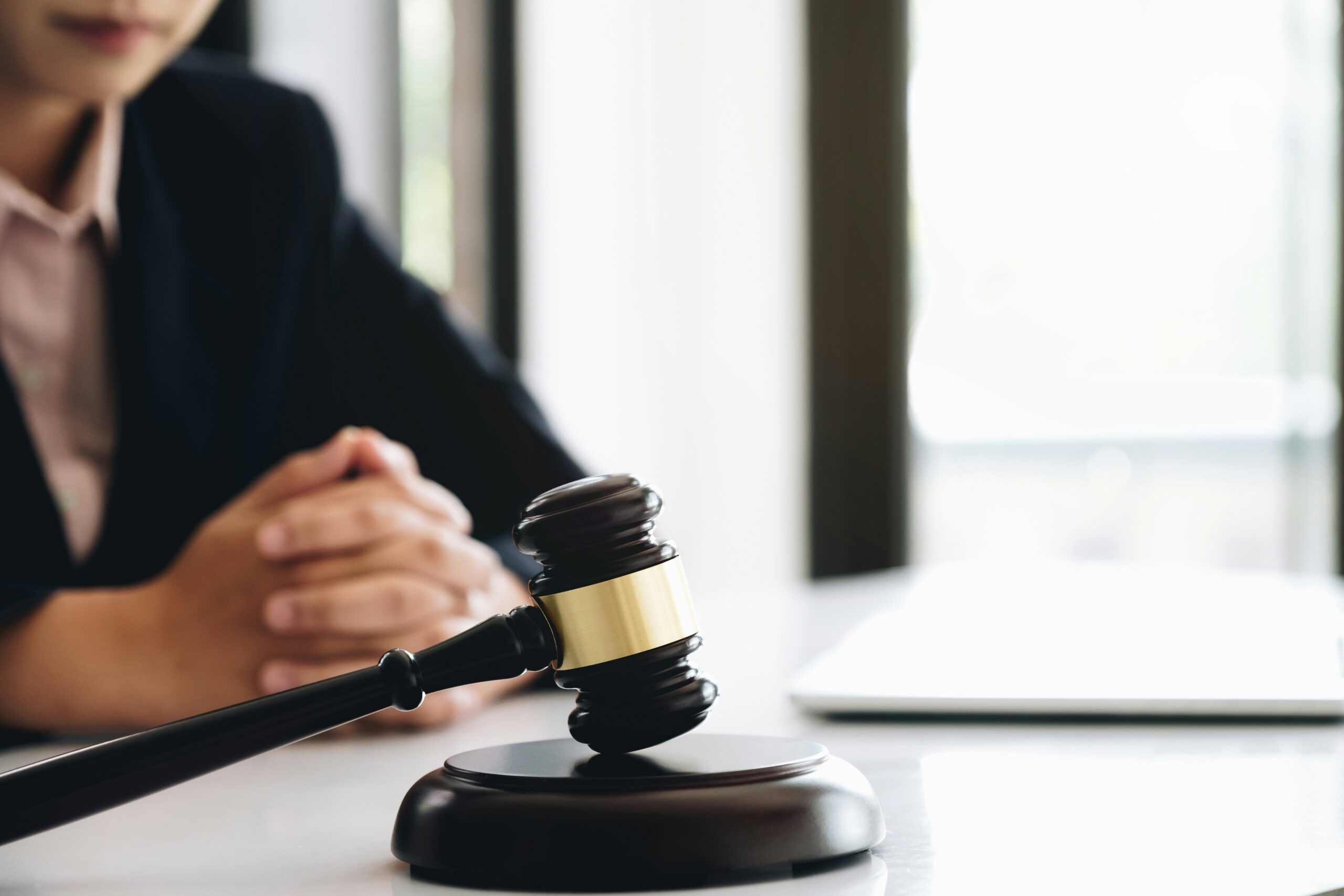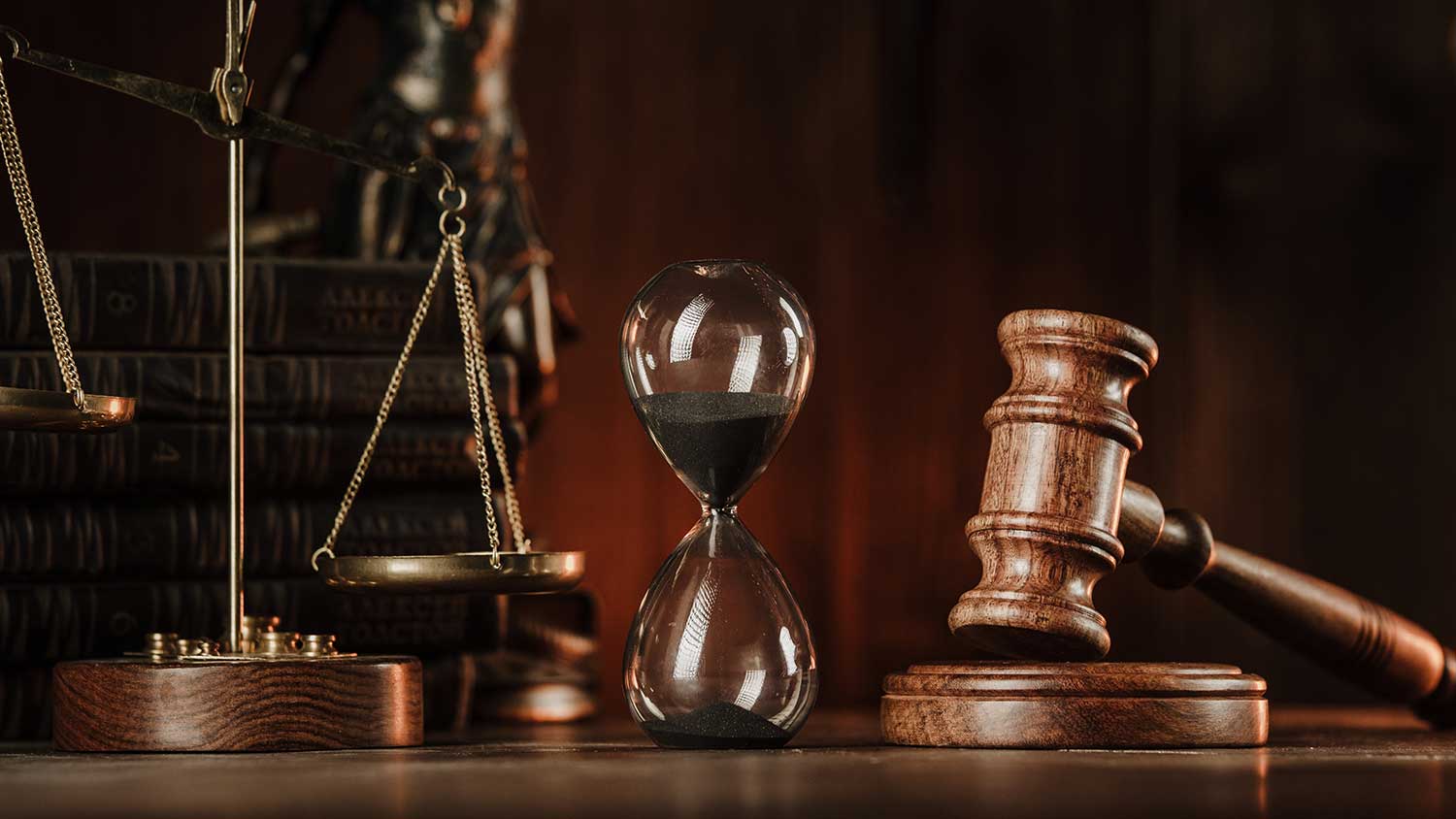Feature Article: ABA Formal Opinion 508: Preparing Witnesses Ethically
Author: Dr. Michael H. Hoeflich
This article is featured in Volume 4, Number 9 of the Legal Ethics and Malpractice Reporter.
Witness preparation is a critical step in litigation, but it can be one of the hardest skills for new lawyers to master. Failure to adequately prepare one’s witnesses can violate Rule 1.1 regarding competence, while providing too much guidance may violate other Rules of Professional Responsibility, such as Rule 3.4 on counseling a witness to provide false testimony to a court.
On August 5, 2023, the ABA Standing Committee on Ethics and Professional Responsibility issued Formal Opinion 508 to provide guidance on this important issue. The Opinion begins with a warning:
The distinction between legitimate witness preparation and guidance versus unethical efforts to influence witness testimony, a practice sometimes known as coaching, horseshedding, woodshedding, or sandpapering, can be ambiguous owing in large part to the concurrent ethical duties to diligently and competently represent the client and to refrain from improperly influencing witnesses. For purposes of this opinion, the term coach is used to signify unethical or ethically questionable conduct. The task of delineating what is necessary and proper and what is ethically prohibited during witness preparation has become more urgent with the advent of commonly used remote technologies, some of which can be used to surreptitiously “coach” witnesses in new and ethically problematic ways.
According to the Opinion, certain preparation methods are commonly accepted as ethical. A lawyer may, for instance:
- remind a witness that he or she will be under oath
- emphasize the importance of telling the truth
- explain that telling the truth can include a truthful answer of “I do not recall”
- explain case strategy and procedure, including the nature of the testimonial process or the purpose of the deposition
- suggest appropriate attire, demeanor, and decorum
- provide context for a witness’s testimony
- inquire into a witness’s probable testimony and recollection
- identify other testimony they expect to be presented, and explore a witness’s version of events in light of that testimony
- review documents or physical evidence with a witness, including using documents to refresh the witness’s recollection of the facts
- identify lines of questioning and potential cross-examination
- suggest word choices that might be employed to make a witness’s meaning clear
- advise a witness not to answer a question until it has been completely asked
- emphasize the importance of remaining calm and not arguing with the questioning lawyer
- advise the witness to testify only about what they’re sure about and not to guess or speculate
- coach the witness to focus on answering the question and avoid volunteering information.
Indeed, the Opinion says that lawyers have “a fair amount of latitude” as to how they prepare a witness. Yet it is critical to recognize that the Rules of Professional Conduct establish limits to how far a lawyer may go in these preparations.
The Opinion goes on to discuss some of the principal ethical dangers in witness preparation, including a lengthy discussion on special dangers in remote practice. Among the normal ethical pitfalls involving witness preparation, the Opinion divides them into two categories: pre-testimony preparation and witness “coaching” during testimony. As to the first category, the Opinion focuses on Rule 3.4(b). Kansas Rule 3.4(b) states that a lawyer may not:
(b) falsify evidence, counsel or assist a witness to testify falsely, or offer an inducement to a witness that is prohibited by law.
Examples the Opinion offers of actions that could violate Rule 3.4(b) include:
[I]t is unethical to tell a witness to “downplay” the number of times a witness and a lawyer met to prepare for trial or to encourage a client to misrepresent a location of a slip and fall accident to have a viable claim. Other representative examples of unacceptable witness coaching and influencing behaviors include programming a witness’s testimony, knowingly violating sequestration orders, and encouraging a witness to present fabricated testimony.
Most lawyers will find nothing surprising in this advice.
Nor should most lawyers be surprised at the Opinion’s advice on coaching a witness in court or other proceedings:
Overtly attempting to manipulate testimony-in-progress would in most situations constitute at least conduct prejudicial to the administration of justice in violation of Model Rule 8.4(d). Violation of a court rule or order restricting such coaching behaviors would be knowing disobedience of the rules of a tribunal in violation of Model Rule 3.4(c).
Indeed, some of the concrete examples of such prohibited behavior seem almost comical: kicking a witness under the table, passing notes to a witness while the witness is testifying, etc. Nevertheless, issues concerning the coaching of witnesses while they are giving remote testimony are far from amusing.
When proceedings are being carried on remotely, remote parties are unable to see or hear much that they would see and hear in a live proceeding:
The logistics of trials and depositions using remote meeting technologies are such that a lawyer and a witness may be in one location, with the opposing lawyer at another location, and, in trial situations, an adjudicative officer in yet another. In these circumstances, many things can happen that cannot readily be monitored by participants in the other remote locations. It would be relatively easy for an off-camera lawyer or someone acting at the lawyer’s behest to signal a witness with undetectable winks, nods, thumbs up or down, passed notes, or the like. Surreptitious off-camera activities such as texting the witness or other real-time electronic messaging are possible and easily done.
The Opinion specifically cites cases in which lawyers have unethically coached witnesses during testimony using text messages as well as off-camera communications in real time.
What is, perhaps, most interesting about Opinion 508 is that it offers more than a simple list of ethical and unethical activities, suggesting instead that lawyers and judges adopt “systemic” precautions that reduce their likelihood of stumbling into unethical territory. The Opinion offers suggestions that are not ethically required, but might help to avoid behavior that would violate the Rules, such as:
- Skillful cross-examination
- Court orders directing uninterrupted testimony
- Motions to terminate or limit a deposition or for sanctions
- Inclusion of protocols in remote deposition orders, scheduling orders, and proposed discovery plans
- Administrative orders governing the conduct of remote depositions
- Inclusion of remote protocols in trial plans and pretrial orders
These methods of reducing the incidence of unethical coaching of witnesses make good sense, particularly the suggestions regarding the inclusion of protocols in remote deposition orders.
It seems unlikely that we will ever return to 100% in-person depositions and trials. Opinion 508 not only explains some of the dangers involved in remote proceedings, but also provides concrete suggestions to mitigate these problems.
READ THE FULL ISSUE OF LEMR, Vol. 4, No. 9
About Joseph, Hollander & Craft LLC
Joseph, Hollander & Craft is a mid-size law firm representing criminal defense, civil defense, personal injury, and family law clients throughout Kansas and Missouri. From our offices in Kansas City, Lawrence, Overland Park, Topeka and Wichita, our team of 25 attorneys covers a lot of ground, both geographically and professionally.
We defend against life-changing criminal prosecutions. We protect children and property in divorce cases. We pursue relief for clients who have suffered catastrophic injuries or the death of a loved one due to the negligence of others. We fight allegations of professional misconduct against medical and legal practitioners, accountants, real estate agents, and others.
When your business, freedom, property, or career is at stake, you want the attorney standing beside you to be skilled, prepared, and relentless — Ready for Anything, come what may. At JHC, we pride ourselves on offering outstanding legal counsel and representation with the personal attention and professionalism our clients deserve. Learn more about our attorneys and their areas of practice, and locate a JHC office near you.












